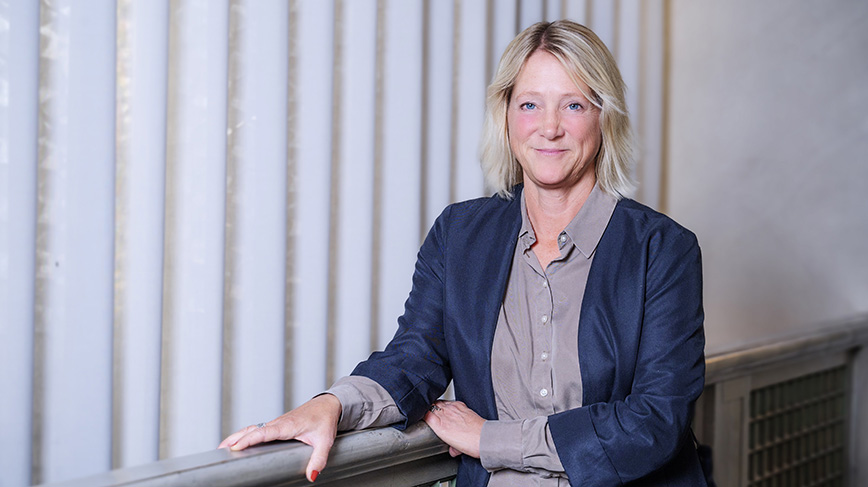Many chose to vote in faculty elections

A high turnout and the candidates proposed by the election committees were elected. This was characteristic of the results of the elections to the Faculty Council and the schools' Faculty Boards.
"It's a lot of fun, and personally, I'm happy to be involved in getting our new collegial structure in place," says Sofia Ritzén, who was re-elected Dean of Faculty.
The turnout for the Faculty Council increased from 35 to 57 per cent. As of 1 January, the Faculty Council will consist of three members who were present during the previous mandate period and four new members.
"It's fun, but tough, as we will now take over the Education Board's tasks concerning a number of strategic issues related to education," says Sofia Ritzén.
The range of programmes, widened recruitment, widened participation and lifelong learning are some of the various issues that will be on the Faculty Council's table.
Furthermore, the Faculty Council will work on quality development and develop the career system for recruitment and promotion paths. The university's role in society and in a democracy is another important issue on the agenda.
"All these issues are central to our work. We have now developed a new quality system for education and the next step is to develop one for research as well. We also hope to strengthen and maintain the great commitment we see through these elections in KTH's development."
The turnout in the elections for the schools' faculty boards varied between 47 and 67 per cent.
How will the Faculty Council and Faculty Boards work together?
"The idea is to have regular meetings with the vice-presidents of the boards. We will also have to build this up together so that the consultation works well," says Sofia Ritzén. Educational issues and issues related to recruitment and promotions will also be handled in school-wide committees that the Faculty Council will coordinate."
Text: Jill Klackenberg
